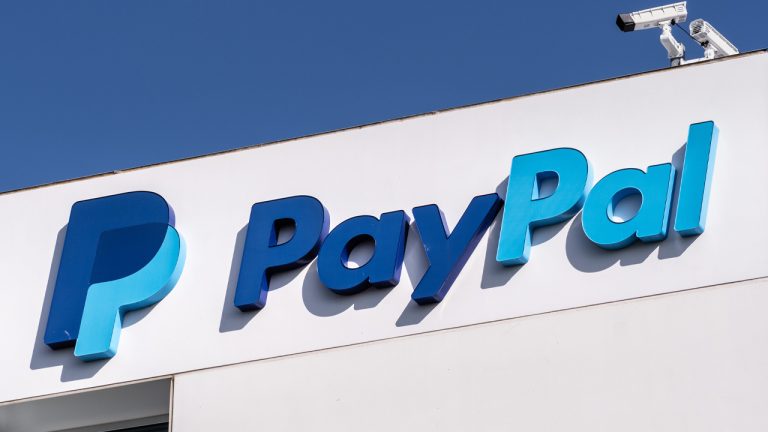Paypal’s New Stablecoin Sparks Confusion: Wave of Counterfeit Tokens Flood Decentralized Exchanges

Following the announcement by Paypal of the introduction of a novel stablecoin asset named PYUSD, a wave of counterfeit Paypal tokens has emerged on decentralized exchange (dex) platforms, including Uniswap. The absence of an official release of PYUSD’s token address by Paypal or Paxos has paved the way for the creation of these fraudulent tokens, crafted to ensnare unwary traders.
**Editor’s note: This article was updated at 3:50 p.m. to reflect a statement from Paxos published at 1:40 p.m. (ET) about the official contract.
Crypto Community Has Yet to Verify Paypal’s Official Token Contract; Scam Tokens Proliferate
On August 7, 2023, Paypal unveiled a new stablecoin, tethered to the value of the U.S. dollar. Both Paxos and Paypal have disseminated information about the stablecoin on their individual websites, although the token contract is conspicuously absent from these online portals.
on the look out for @PayPal’s $PYUSD token contract
— juliettech (@_juliettech) August 7, 2023
Paxos has outlined that the stablecoin’s inaugural attestation report is scheduled for publication in September 2023. Although no specific contract details are provided, it’s been disclosed that PYUSD will be an ERC20-based token, functioning on the Ethereum platform.
The absence of the PYUSD minting process at this juncture seems highly plausible. Some are speculating that a specific contract, viewable on etherscan, could be the official one, but official confirmation remains pending.
This uncertainty has sparked a degree of confusion, as deceptive tokens branded “PYUSD and Paypal Coin” have infiltrated dex markets like Uniswap. For example, an unauthorized and counterfeit token dubbed “Paypal Coin” has been drawing significant attention today, in the wake of the announcement.
A slew of these fraudulent Paypal tokens is circulating through dex protocols, likely swindling individuals out of their money. Several savvy members of the crypto community have alerted Paypal to this perplexing situation.
One individual advised Paypal on the social media platform X (formerly Twitter), “You should list the ERC20 contract address for PYUSD on your landing page, this way we’re certain it’s the right token when trading outside of Paypal.” As of 12:00 p.m. (ET) on Monday, August 7, 2023, Paypal has yet to display PYUSD’s ERC20 token contract.
At 1:40 p.m. (ET), Paxos shared the token contract with the public via the social media platform X. Paxos shared both the official contract and the Github repository as well. At the time of writing, there’s a max total supply of 26.9 million PYUSD according to etherscan stats.
What do you think about the confusion surrounding Paypal’s token contract? Share your thoughts and opinions about this subject in the comments section below.


